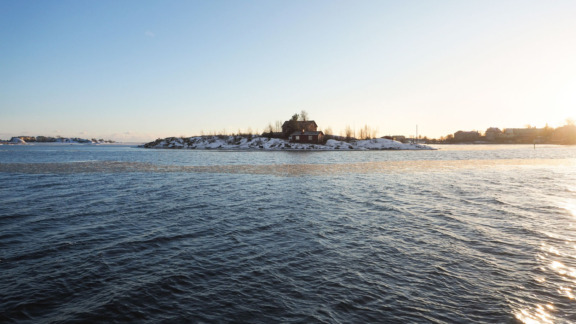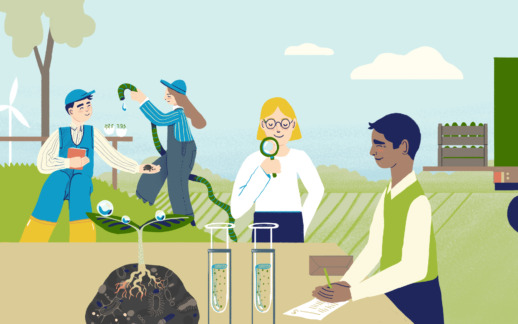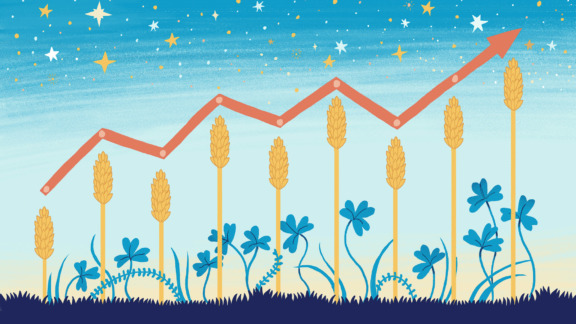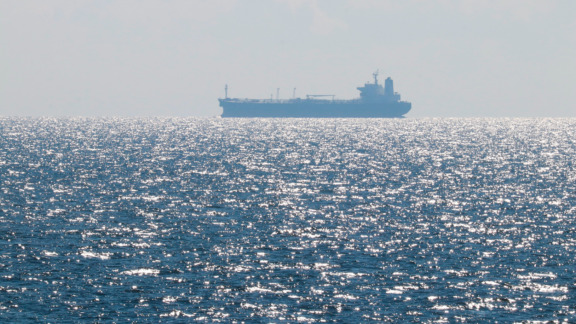Fazer pushes towards healthier Baltic Sea
Producers are encouraged to emphasize co-operation and sustainable cultivation practices
Fazer, a considerable player in the Baltic Sea region, significant grain buyer and old family business has started a co-operation program with the farmers and BSAG. Aspirations goal is a healthier Baltic Sea, which can be achieved with sustainable production methods.
– We are now working to prevent eutrophication, preserving biodiversity and minimizing the use of chemicals, said Markus Hellström, Managing Director of Fazer Bakeries, at the Fazer Grain Vision Announcement at the Allas Pool in Helsinki on May 31.
The grain vision goals are high. The aim is that in 2025 all grain used by Fazer bakeries will meet the requirements of sustainable cultivation.
In order to achieve the goals, principles of sustainable cultivation have been developed in cooperation with Finnish and Swedish stakeholders; producers, contract farmers and BSAG.
Essential issues in reducing the leakages and strengthening environmentally friendly production are nutrient balance calculation and monitoring. Eutrophication of waterbodies can be minimized by making optimal annual crop plans. Other methods include soil analyzes, precision cultivation, collector plants, autumn crops, and winter vegetation coverage. It is also important to keep parts of the arable land uncultivated in order to maintain biodiversity. Promotion of recycled nutrients is also included in the new grain vision of Fazer.
Fazer will continue its environmental commitment by assessing the environmental impacts of the measures on the pilot farms. The purpose is to gather information about the effects of the new cultivation principles to fields and water bodies.
At the Fazer event, Mathias Bergman, BSAG’s Secretary General, emphasized the importance of food producers’ role in the future. He also stressed the value of broad co-operation.
Sustainable farming activities have direct impact on minimizing nutrient emissions to the Baltic Sea.



